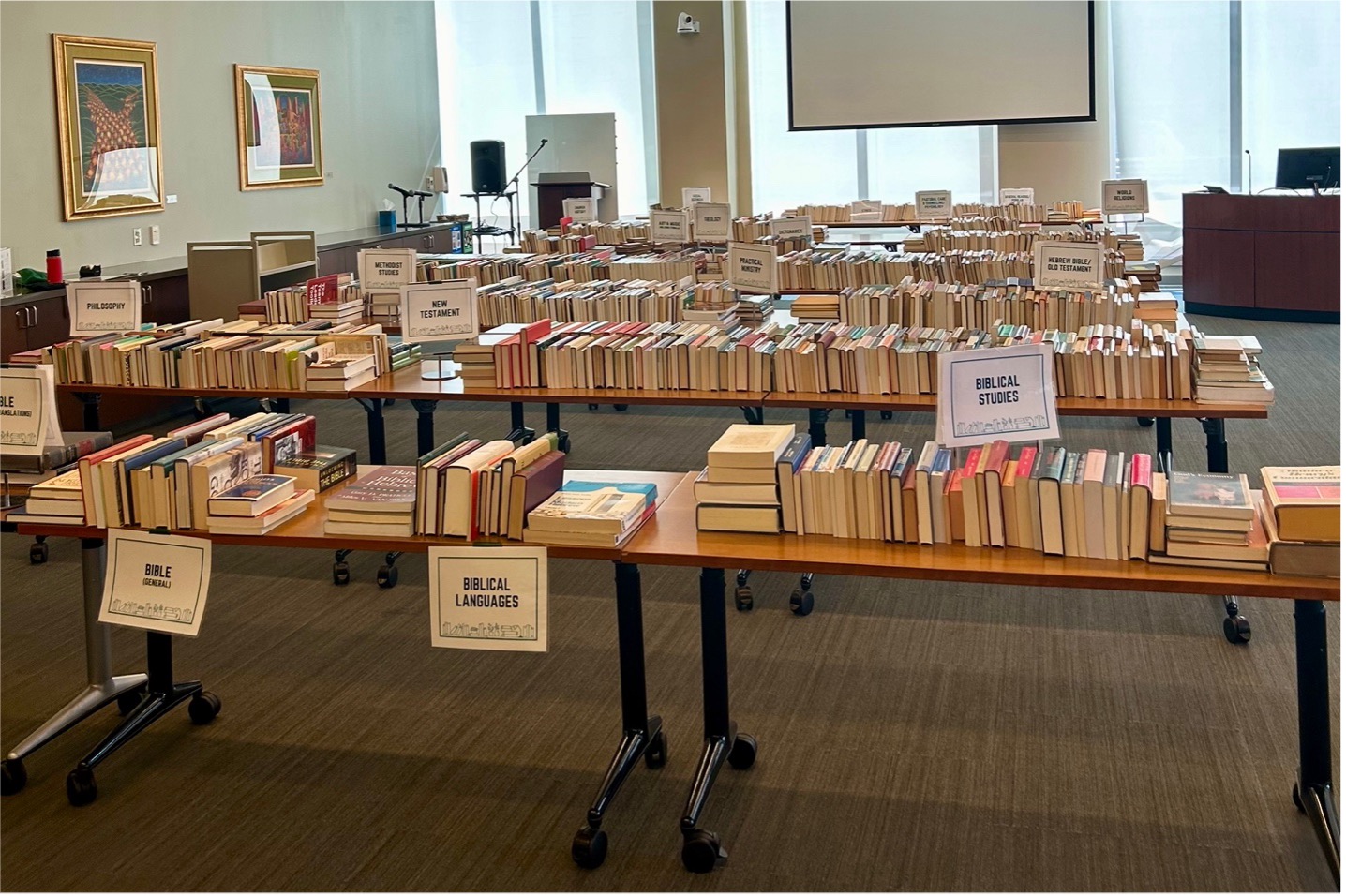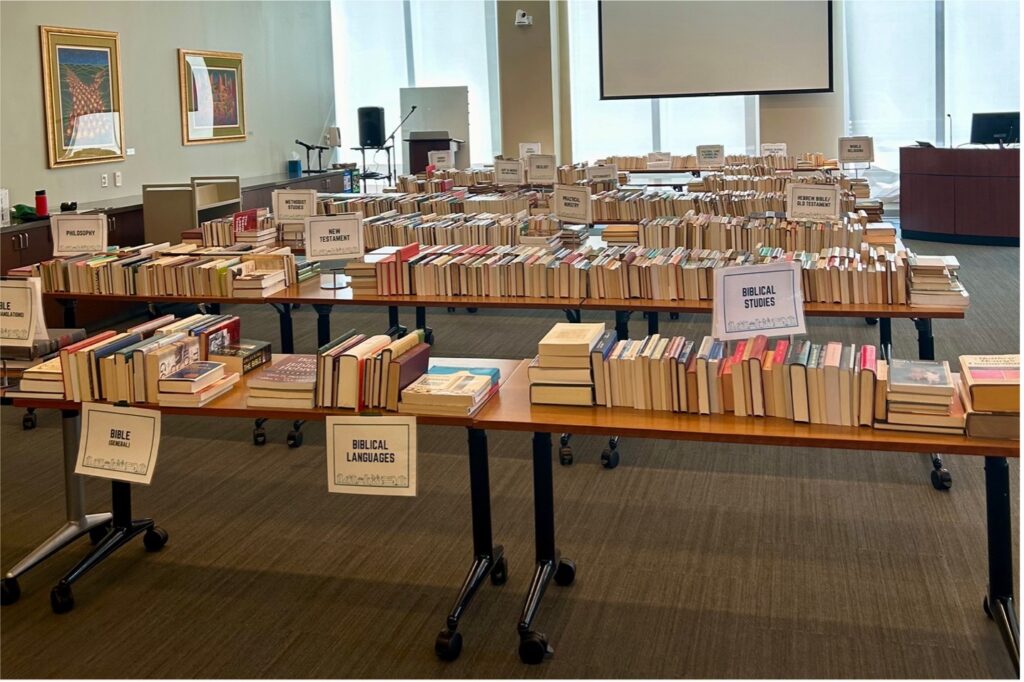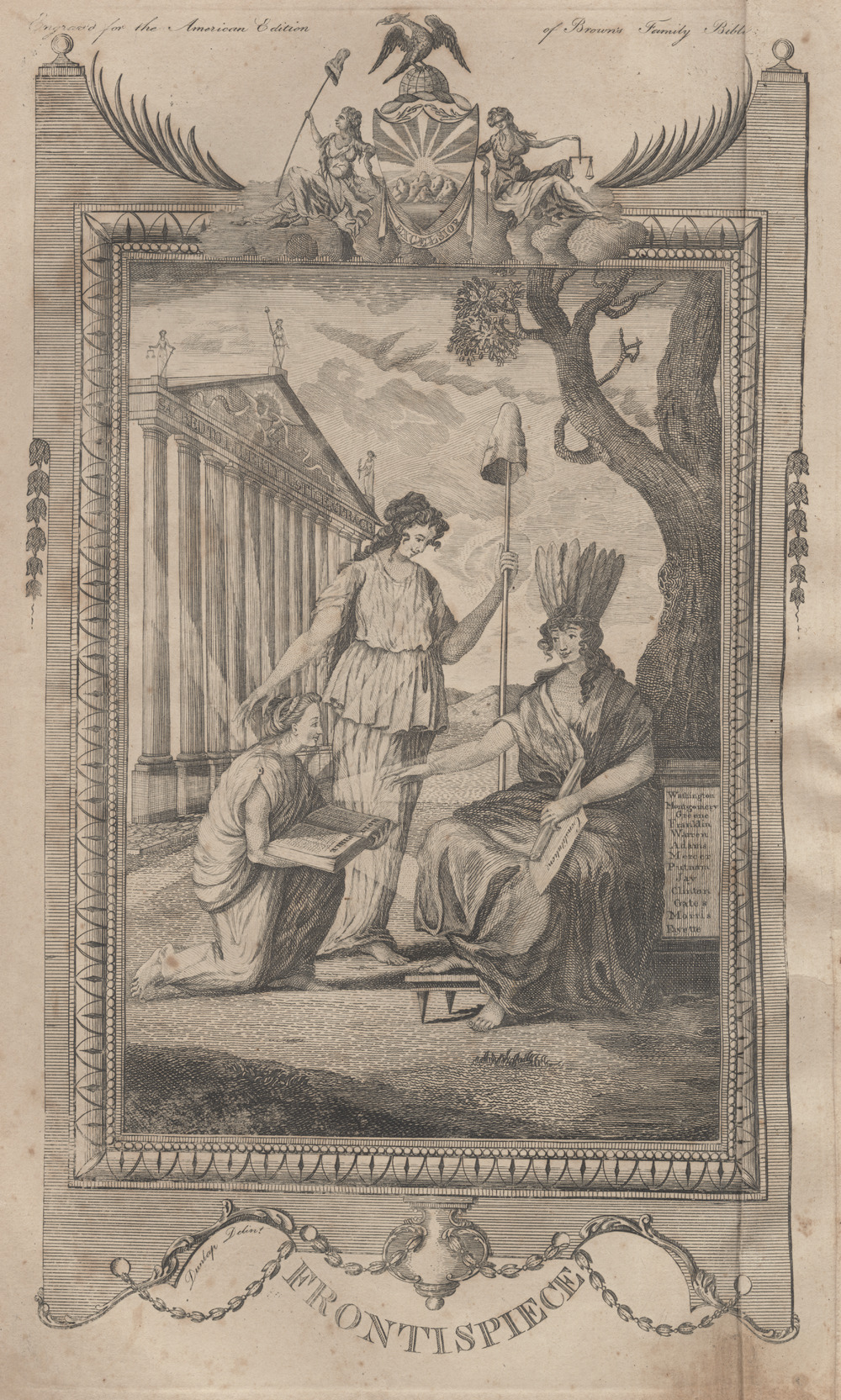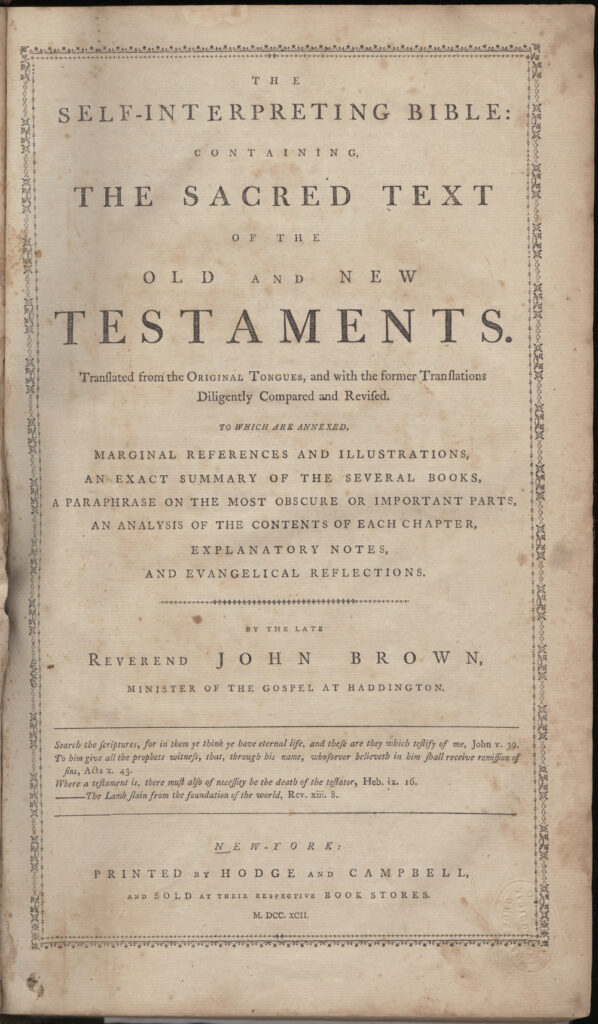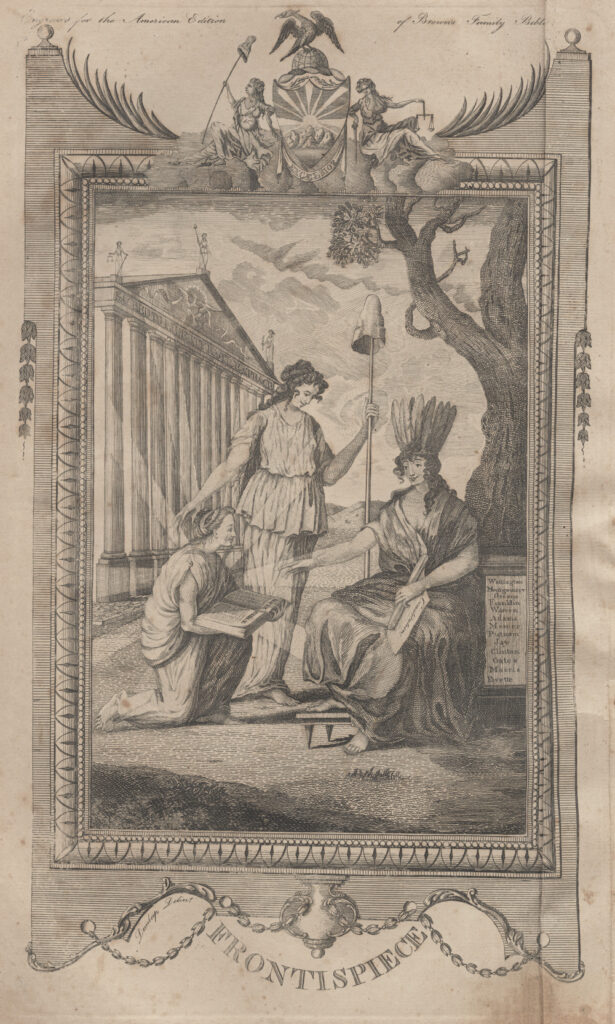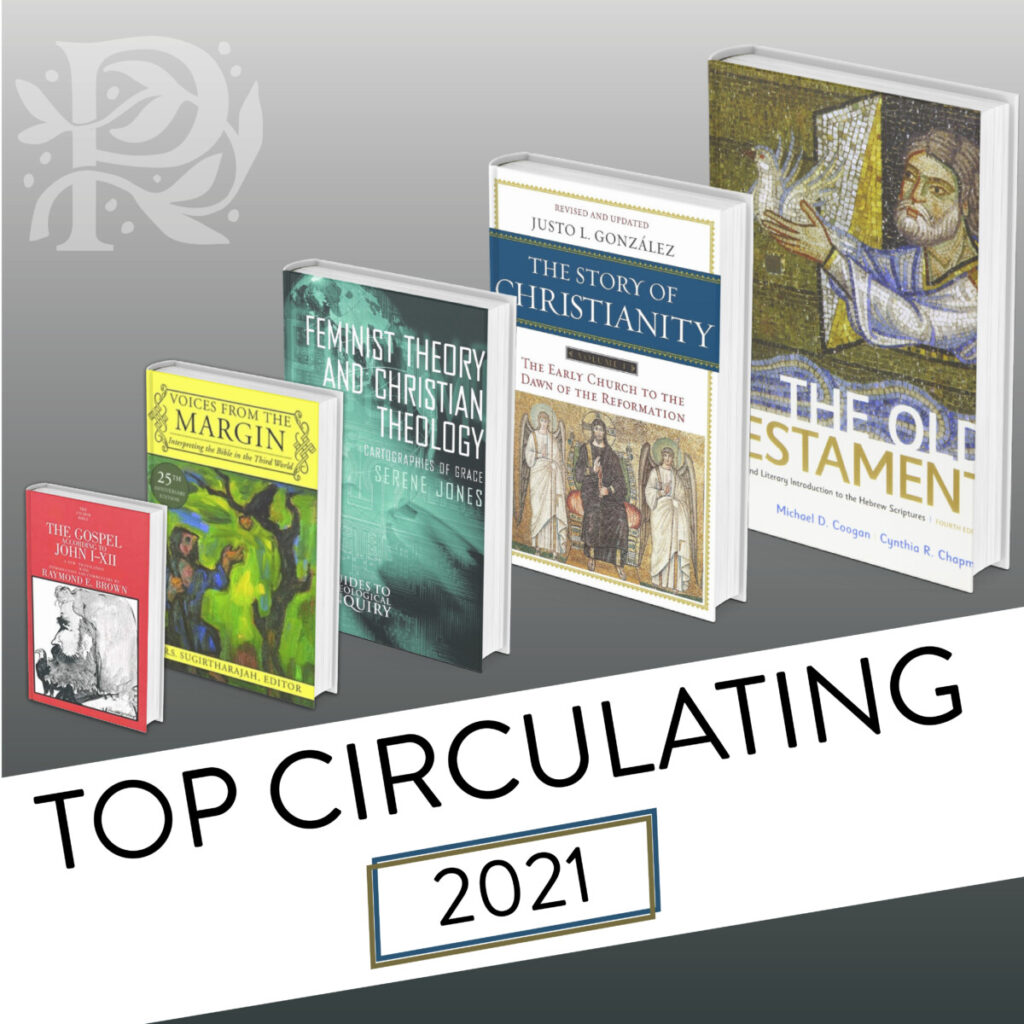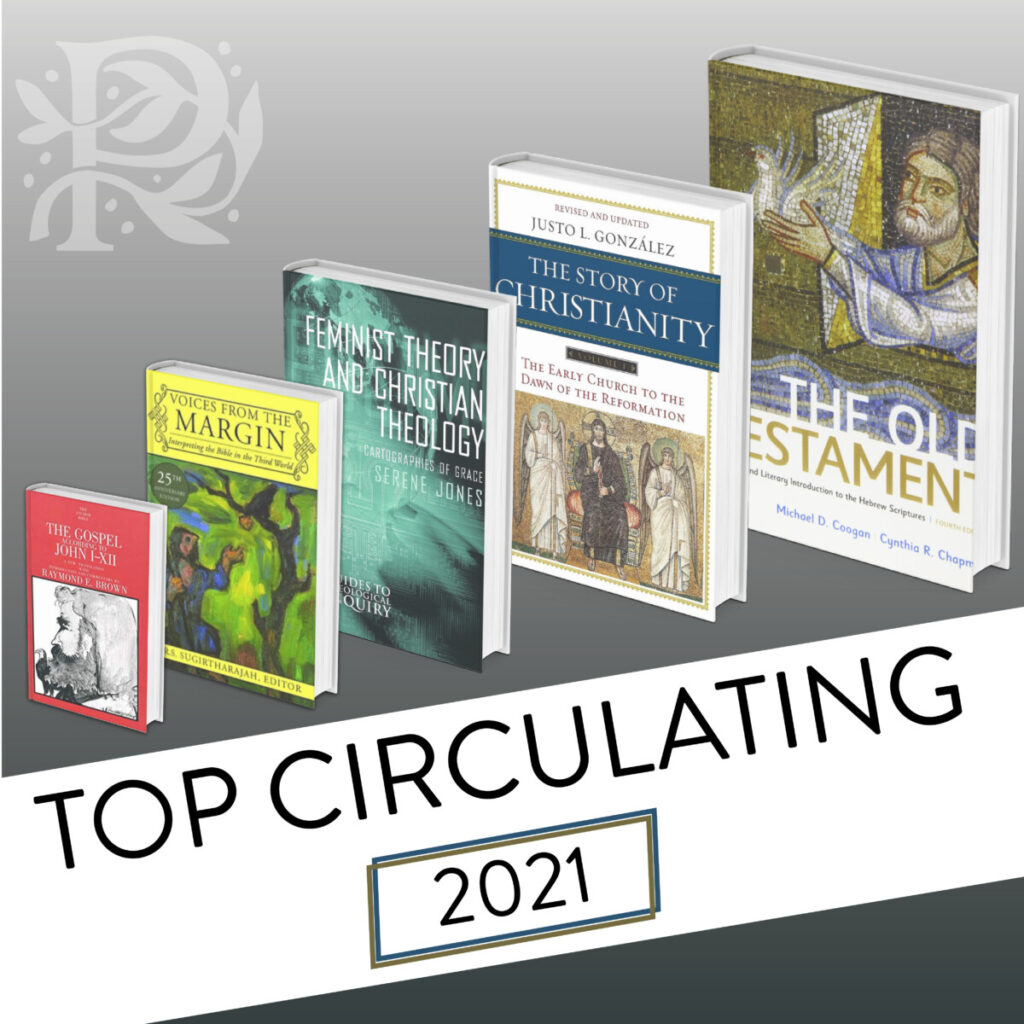The Emory finals period begins next week, and this season brings a few changes around Pitts to support student success. Please note the following policies and hours and contact us with any questions or concerns. The entire staff at Pitts wishes students the best on finals this Spring!
Extended Hours: From Monday, 4/29, through Monday, 5/6, the library will extend its hours as follows:
- Monday, 4/29 – Thursday, 5/2: 7:30am-11pm
- Friday, 5/3: 7:30am-7pm
- Saturday, 5/4: 10am-7pm
- Sunday, 5/5: 2pm-11pm
- Monday, 5/6: 7:30am-11pm
View all library hours at pitts.tl/hours.
Silent Study Space: During finals, the first floor of Pitts operates as a silent space. Please be respectful of those working around you when holding brief, quiet conversations.
Study Room Availability: Study room bookings are available 2 weeks in advance at pitts.tl/rooms. There is a limit of 2 hours per person per day. Please visit the circulation desk to check out an access card for your room booking.
Hospitality: Pitts is busier during finals than most other times of the year, so it is particularly important that you remember to share tables, outlets, and other resources to support each others’ success.
Snacks Only: Small snacks and covered drinks are welcome, but please refrain from bringing full meals into the library.
Additional Study Space: Classrooms on the 3rd floor of the library (Rooms 360, 368, and 369) are open and set up as study spaces during the finals season. Feel free to use those spaces!
Visitor Policy: Visitors are welcome at Pitts until 5pm. After 5pm, an EmoryCard is required for entry to the library.
Returning Books: Graduating students need to return all library books by the end of the day on Wednesday, May 8th.
Let Us Know How We’re Doing: Please direct any concerns to the library director, Bo Adams (rmadams@emory.edu).
Thank you for helping us make Pitts a welcoming space during finals!



